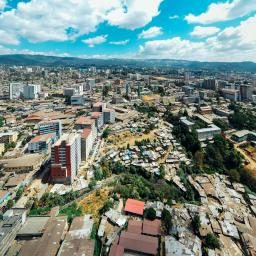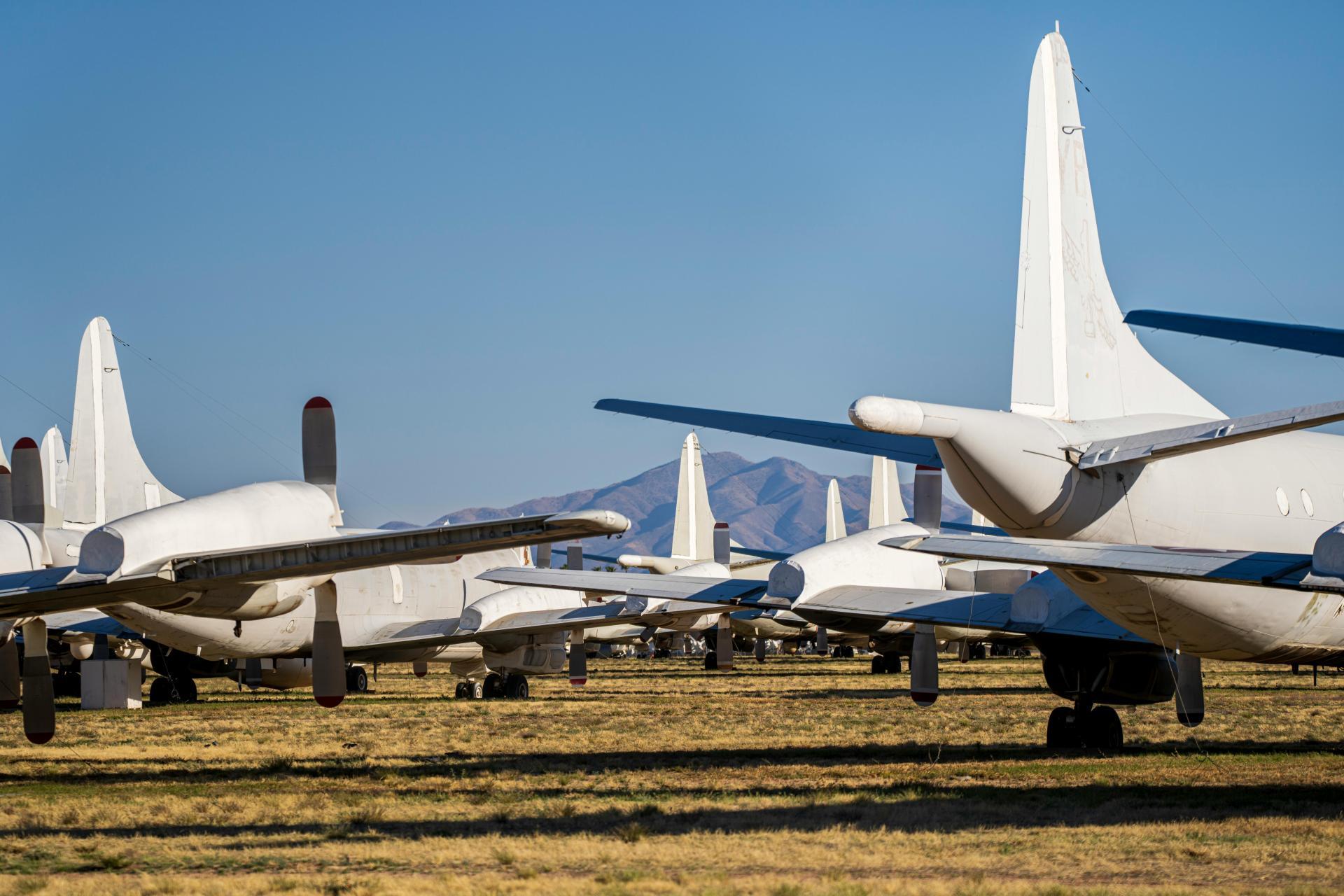
After four successful years, the Thesis Lab on Sustainable Aviation – a graduation program of the Leiden-Delft-Erasmus Centre for Sustainability – will be continued by the aviation sector. This shows that universities are closely aligned with societal needs, and that the knowledge and insights of students are highly valued.
Aviation in Transition
Flying Vision Accelerator Within the Aviation in Transition (in Dutch Luchtvaart in Transitie - LiT) program, a Dutch Growth Fund initiative worth over €370 million, the Flying Vision Accelerator has been launched. It is a collaboration between NLR, Airbus, Schiphol Group, KLM, and TU Delft’s Faculty of Aerospace Engineering, which serves as coordinating partner.

LiT is a multi-year program aimed at achieving climate-neutral aviation by 2050. Within LiT, the Flying Vision Accelerator’s mission is to stimulate collaboration across the sector and bring together multidisciplinary perspectives to accelerate the transition to sustainable aviation. By developing shared visions and dynamic roadmaps, the project supports both the industry and policymakers. Key focus areas include reducing energy demand, adopting green energy carriers, and considering the role of passengers in the transition.
Real-world challenges
A unique learning environment In a so-called Thesis Lab, students from diverse disciplines work on real-world challenges provided by companies and public organizations. Examples include:
- Designing Products Through Structural Reuse of End-of-Life Aircraft Parts (AELS Foundation)
- Motivating Passenger Engagement with Sustainable Aviation Fuels (NLR)
- Envisioning the Future of Aviation Product Liability in the EU Through the Lens of the Circular Economy (Airbus)
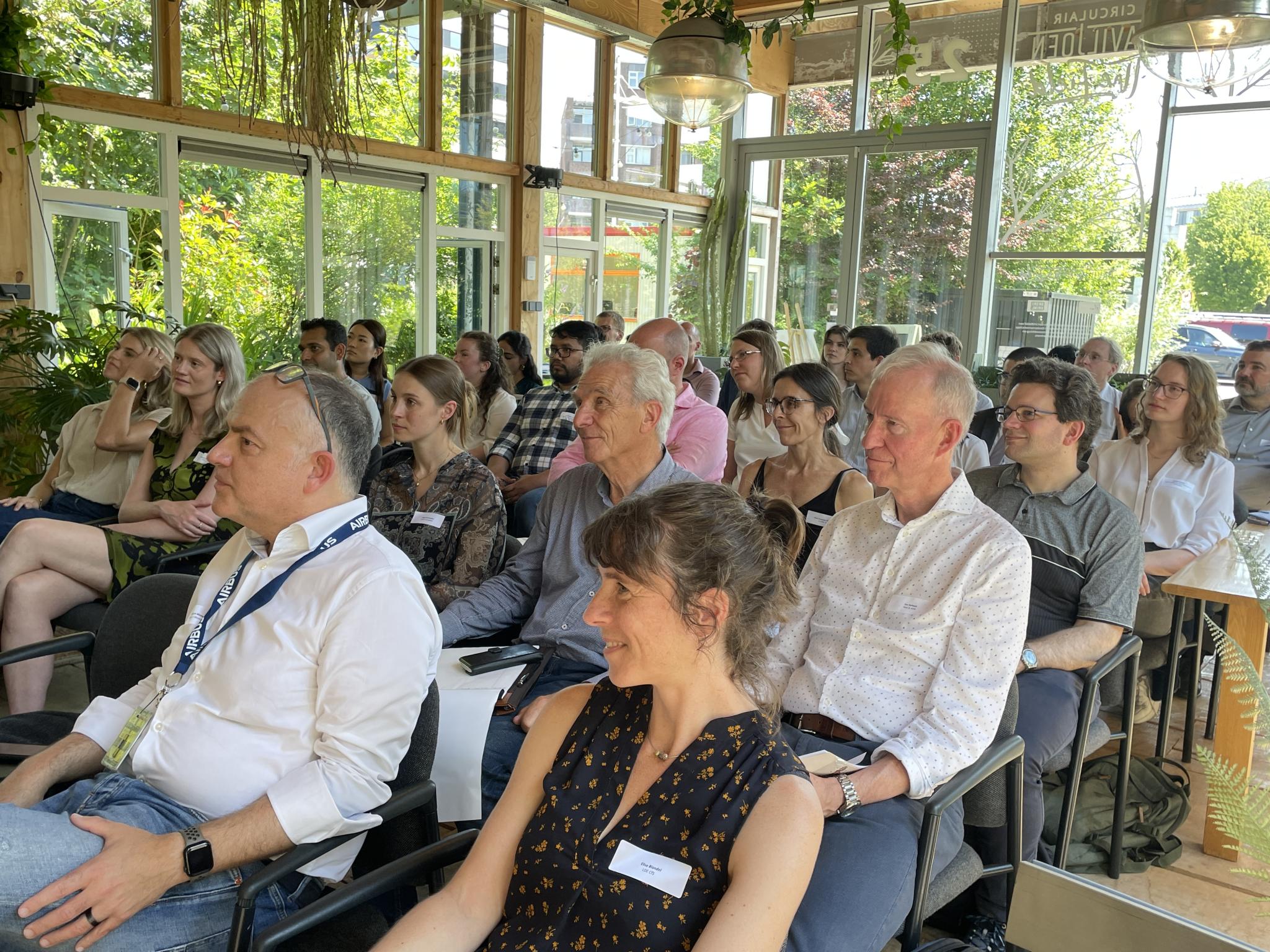
Elise Blondel, co-coordinator of the Lab at the LDE Centre for Sustainability, explains: 'The Thesis Lab began in 2021 with just seven students and has since grown to 15 graduates. They came not only from Aerospace Engineering in Delft or Astronomy in Leiden, but also from disciplines such as law, business administration, psychology, and industrial ecology.'
Fuelling Change: lessons from the Thesis Lab Green Skies | Centre for Sustainability
'Students from universities of applied sciences also joined, at both bachelor’s and master’s level. The final event of the most recent edition brought together 30 industry experts to hear the students’ findings. It was a truly inspiring event!'
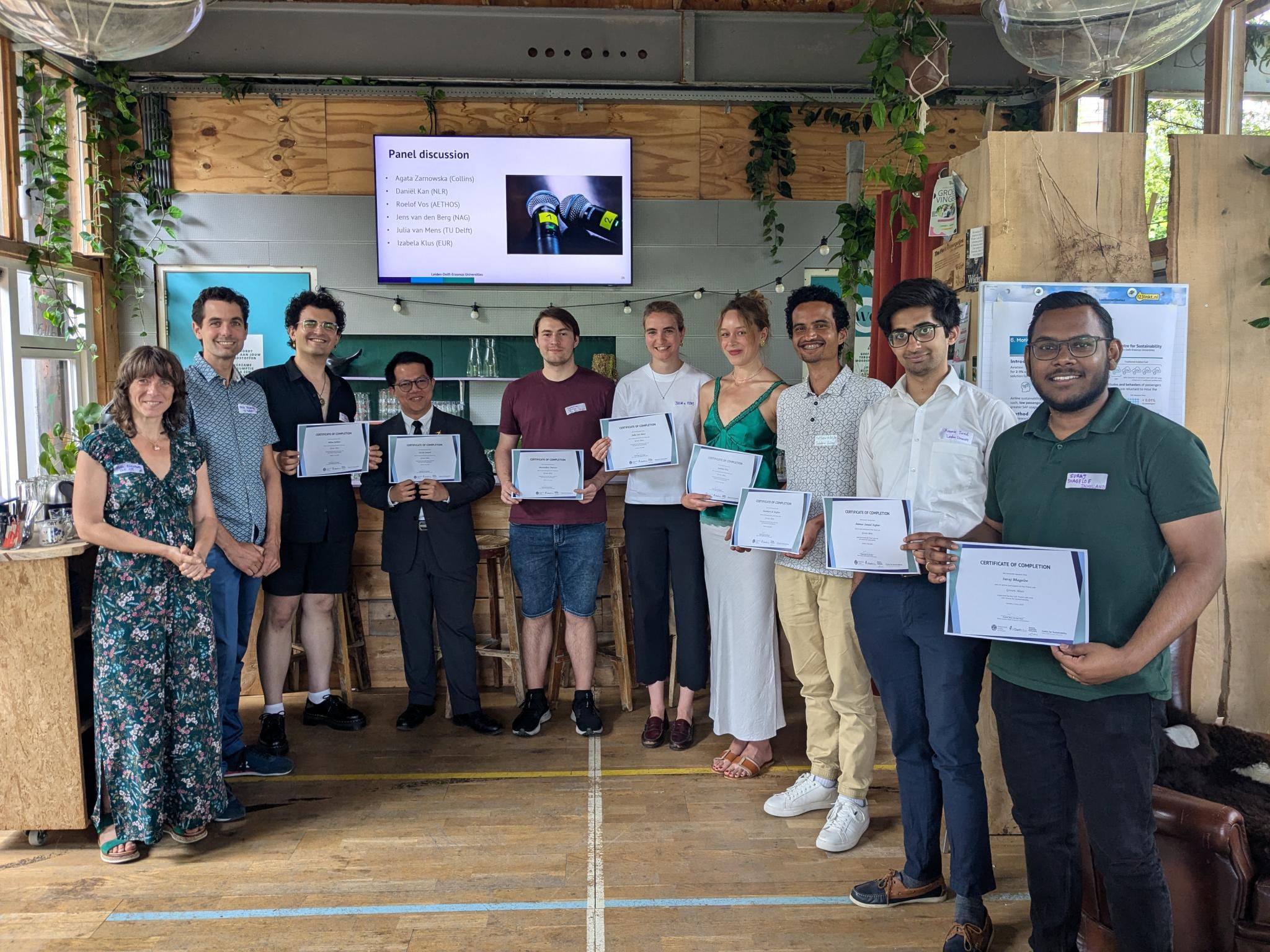
New horizons for the Lab
From September 2025, the Thesis Lab will be hosted at TU Delft’s Faculty of Aerospace Engineering, under the umbrella of the Flying Vision Accelerator. The Lab will be coordinated by Prem Sundaramoorthy, Ingeborg de Pater, and Pieter-Jan Proesmans (TU Delft). Victor Rijkaart and Elise Bavelaar (TU Delft), project leaders of the Flying Vision Accelerator, will ensure strong connections with the industry partners.
Challenges will be provided by the partners of the Flying Vision Accelerator. Research questions, identified during expert sessions organized by the project, will be taken up by students, giving the sector the opportunity to have these questions explored in depth by talented students from multiple backgrounds.
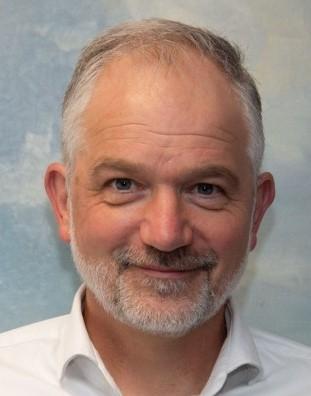
Close collaboration between universities and the sector, leading to valuable insights.'
Victor Rijkaart emphasizes the value of this collaboration: 'I’ve seen the LDE Thesis Lab on sustainable aviation grow from a niche initiative into an impactful program where industry challenges are tackled through close collaboration between universities and the sector, leading to valuable insights. This success is above all thanks to the open-mindedness of the students – the talent of the future.'
The focus on concrete, technology-driven solutions
'LiT and the Flying Vision Accelerator are long-term programs driving both broad and deep research into aviation sustainability – from hydrogen propulsion to lightweight structures and aircraft electrification. The focus is on developing concrete, technology-driven solutions.'
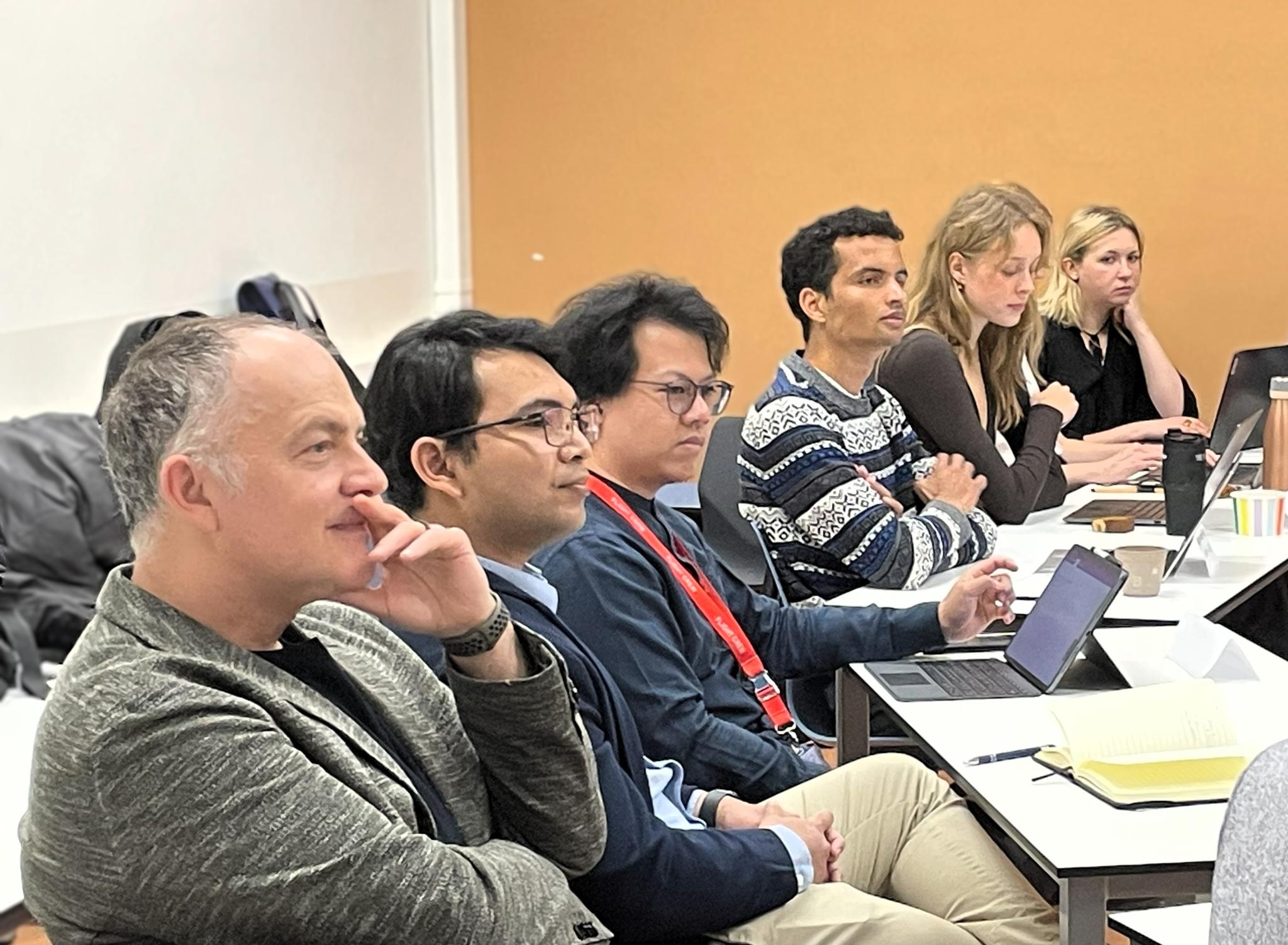
'Collaboration with universities enables the sector to address questions that otherwise might not surface, or that push the boundaries of state-of-the-art technology. This is extremely valuable. Societal impact emerges when curiosity-driven fundamental research is linked to real-world challenges. The LDE Thesis Lab offers a unique opportunity to achieve exactly that.'
RECRUITMENT
The next edition of the Thesis Lab will start in February 2026, with recruitment opening in mid-September 2025. Are you a student interested in participating? Check out this webpage to sign up (from mid-september 2025).

